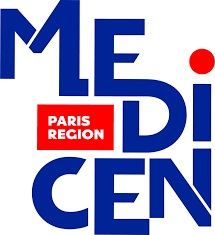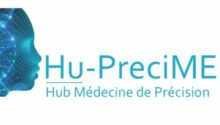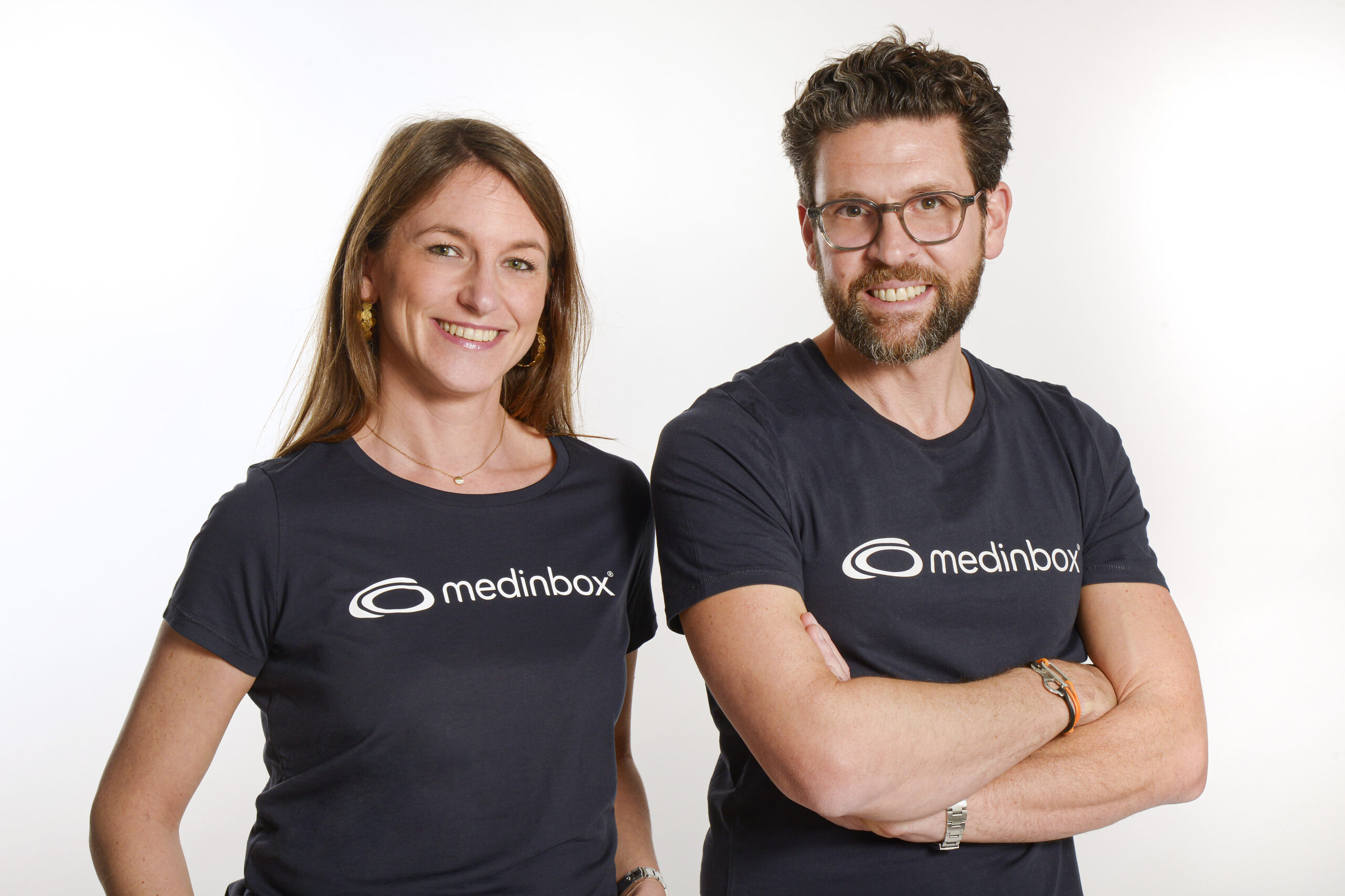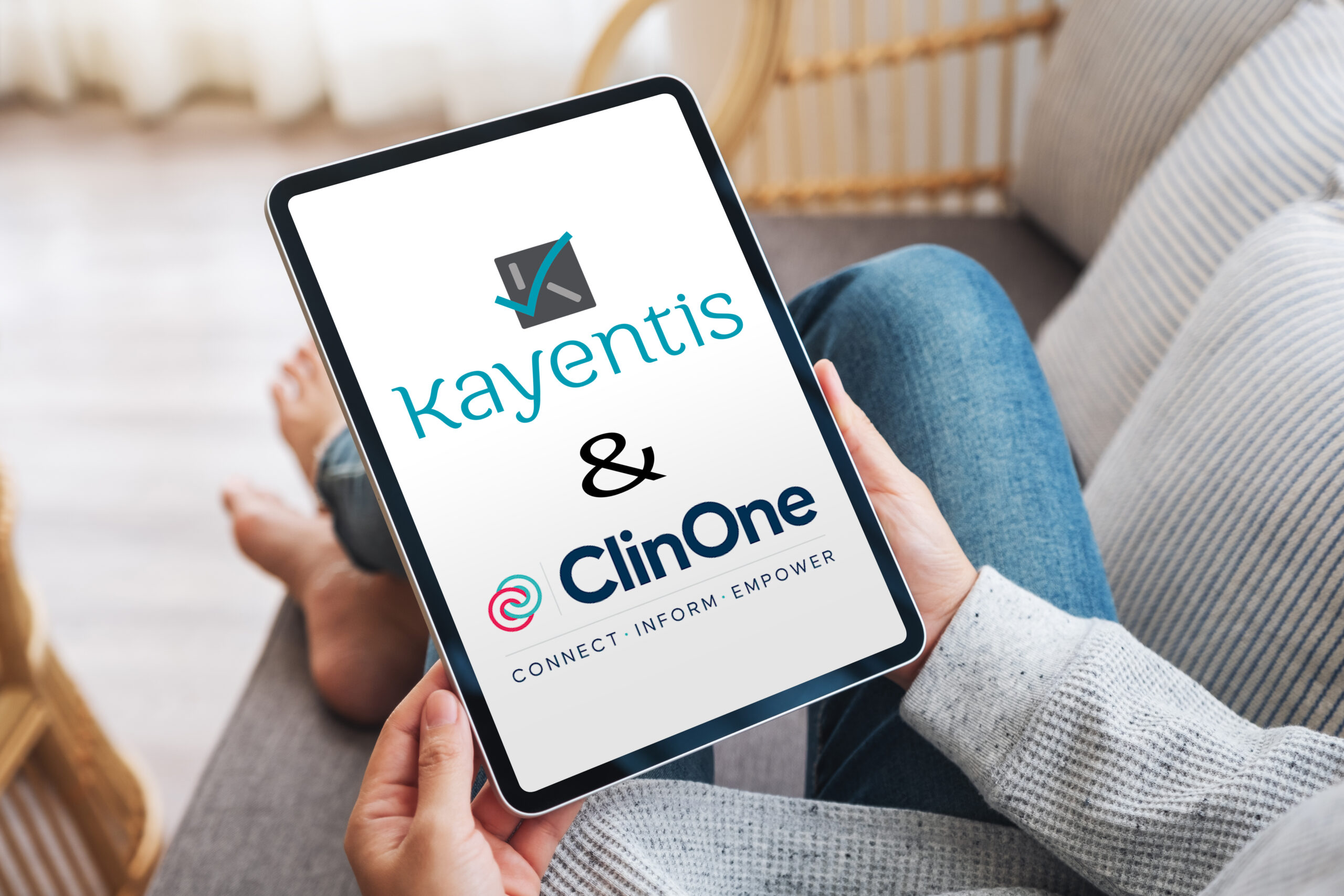Share this post:
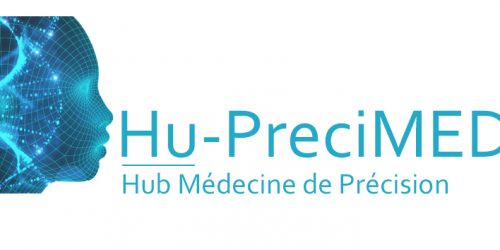
Paris, September 18, 2018 – Medicen Paris Region and Cap Digital, two competitiveness clusters from the Greater Paris region, today announce that they are rallying their members to support the Hu-PreciMED project (Human Precision MEDicine) in order to structure the precision medicine industry in France. The project was jointly launched by Oncodesign, Servier and Intersystems. With more than 45 innovative digital and medical companies already participating, Hu-PreciMED aims to bring together all public and private players working in the field of precision medicine and connect them efficiently to medical data from patients. This is important in order to improve available therapeutic and diagnostic tools, as well as to develop new predictive and preventive medical approaches; all the while building on the latest progress in Big Data and Artificial Intelligence.
Precision medicine relies on the analysis of molecular and genetic characteristics to allow individualized or personalized treatment and monitoring of patients. It is a booming global market, expected to reach $96 billion by 2024. This area of research is seen as key for the pharmaceutical industry to develop new therapeutic solutions and for patient care. Other criteria for organizations involved in this flourishing market include anticipating scientific, technological, regulatory, economic, ethical and digital developments. The precision medicine industry also requires support for patient data generation and easy access to this data.
The project consists of three main areas, each led by one of the three coordinators. Intersystems will focus on “target resolution”, using patient data to identify subgroups in order to adapt treatments or discover new therapeutic targets. Servier will take care of “investigating new molecules”, new therapeutic targets making it possible to identify biomarkers and to create and produce new compounds. Oncodesign will lead the third area with preclinical and clinical development of new drugs associated with biomarkers. To accomplish this project, two digital platforms will be set up, one for the integration of multi-source data and the other for data analysis.
The 45 public and private organizations already working on the project include the Paris Hospitals (AP-HP), the Transimmunom and Inflamex Laboratories of Excellence (LabEx), the Lille University Hospital and the Frédéric-Joliot Institute for Life Sciences – CEA.
While all therapeutic areas will be addressed, the pilot phase will focus on immuno-inflammatory diseases, which affect 5-7 per cent of the Western population and for which cohorts of referenced patients already exist or can be generated. The goal will be to identify the most relevant targets and to provide guidance for new drug development.
The project has a total of four phases and will run until 2023. The first phase runs until January 2019 and will focus on the design and development of the project. Between 2019 and 2020, the coordinators plan to develop and organize the industrial sector, before moving to a consolidation phase between 2020 and 2023, with more emphasis on business development. The final phase will run in 2022 and 2023, aimed at widening the range of addressed pathologies as well as geographical reach through international partnerships. The project was initially funded by the three industrial coordinators. Plans for further funding will aim primarily at the European level.
“The Hu-PreciMED project has taken shape thanks to the Medicen and Cap Digital clusters, which are deeply rooted in the French technology ecosystem, and have served as neutral and trustworthy third parties. They will continue to have a pivotal role in coordinating the collaborations and giving the project members access to their networks and their work methodology,” said Philippe Genne, CEO of Oncodesign and vice president of the Medicen SME body, speaking on behalf of the three companies driving the project. “The call for interest was initiated last July, following the preview of the “Health Data Hub” project launched by French Health Minister Agnès Buzyn in June 2018. It showed that French organizations from this sector are very interested in this approach. By joining forces, we will be able to reach a critical mass and rely on French scientific excellence to shine internationally.”
About Cap Digital
Cap Digital is a competitiveness cluster for digital transformation and ecological transition established in 2006. Its 1000+ members include over 850 SMEs, more than 70 corporations, medium-sized companies and state-controlled entities of an industrial or commercial nature, along with more than 70 major universities, higher education establishments and research labs, and 12 capital investors. Cap Digital is working to make the Paris region a digital world leader, both in industrial and strategic terms. Its roles include R&D, corporate growth, the networking of its members and their international promotion, with a view to boosting the creativity and competitiveness of this major industrial sector. With 2,650 R&D projects submitted since 2006, of which 1,350 are accredited and 750 funded, Cap Digital has supported more than €1.6 billion of investment in research and development since its creation, including more than €670 million in public grants. In 2017, the cluster’s businesses raised €890 million including €244 million through Fast Track services. Cap Digital organizes the Futur.e.s festival, an annual global event for movers and shakers in the fields of design, innovation and the digital economy wishing to meet and present, discuss, express and share their vision of the future with the general public. Cap Digital created EdFab, an innovation space for training, education and occupational transformatio. In May 2018, the members of Cap Digital, meeting in general assembly, formalized the integration of Advancity’s activities, thus creating the first European pole for sustainable cities and ecological transition.
www.capdigital.com – www.futur-en-seine.paris – www.edfab.fr
About Medicen Paris Region
Medicen Paris Region is a competitiveness cluster for innovative health technologies, with national and international scope. With more than 400 companies, research centers, universities, hospitals and local authorities as members, it aims to position the Paris region as Europe’s leading healthcare cluster. It focuses on five strategic areas: biological diagnostics, diagnostic and interventional imaging, regenerative medicine and biomaterials, digital health and translational medicine. In close collaboration with local, regional and national healthcare innovation players, Medicen Paris Region aims to:
- Foster the emergence, development and funding of certified collaborative projects in the healthcare sector, in order to create economic value and jobs
- Increase the international development of innovative startups and SMEs
- Strengthen the attractiveness of the Paris region, which represents more than 50% of life sciences activity in France
Since the creation of the cluster in 2005, 68 innovative products have been launched in the imaging, medical devices and biological tools sectors. The cluster has certified 302 projects. They received funding from the French government (French Inter-Ministry Fund FUI, Structuring Projects fund), the public investment bank Bpifrance, the National Research Agency, the European Regional Development Fund, the Investments for the Future program and/or local authorities, and the Paris region. Total investment is close to €1.9 billion ($2.3bn) and €533 million ($635M) of public aid.
About Oncodesign
Founded over 20 years ago by Dr Philippe Genne, the company’s CEO and chairman, Oncodesign is a biopharma company dedicated to precision medicine. With its unique experience acquired by working with more than 600 clients, including the world’s largest pharmaceutical companies, along with its comprehensive technological platform combining state-of-the-art medicinal chemistry, pharmacology, regulated bioanalysis and medical imaging, Oncodesign is able to predict and identify, at a very early stage, each molecule’s therapeutic usefulness and potential to become an effective drug. Applied to kinase inhibitors, which represent a market estimated at over $46 billion in 2016 and accounting for almost 25% of the pharmaceutical industry’s R&D expenditure, Oncodesign’s technology has already enabled the targeting of several promising molecules with substantial therapeutic potential, in oncology and elsewhere, along with partnerships with pharmaceutical groups such as Bristol-Myers Squibb and UCB. Oncodesign is based in Dijon, France, in the heart of the town’s university and hospital hub, and within the Paris-Saclay cluster, Oncodesign has 227 employees and subsidiaries in Canada and the USA.
About Servier
Servier is an international pharmaceutical company governed by a non-profit foundation, with its headquarters in France (Suresnes). With a strong international presence in 149 countries and a turnover of 4.152 billion euros in 2017, Servier employs 21,700 people worldwide. Entirely independent, the Group reinvests 25% of its turnover (excluding generic drugs) in research and development and uses all its profits for development. Corporate growth is driven by Servier’s constant search for innovation in five areas of excellence: cardiovascular, immune-inflammatory and neuropsychiatric diseases, cancer and diabetes, as well as by its activities in high-quality generic drugs. Servier also offers eHealth solutions beyond drug development. More information: www.servier.com

